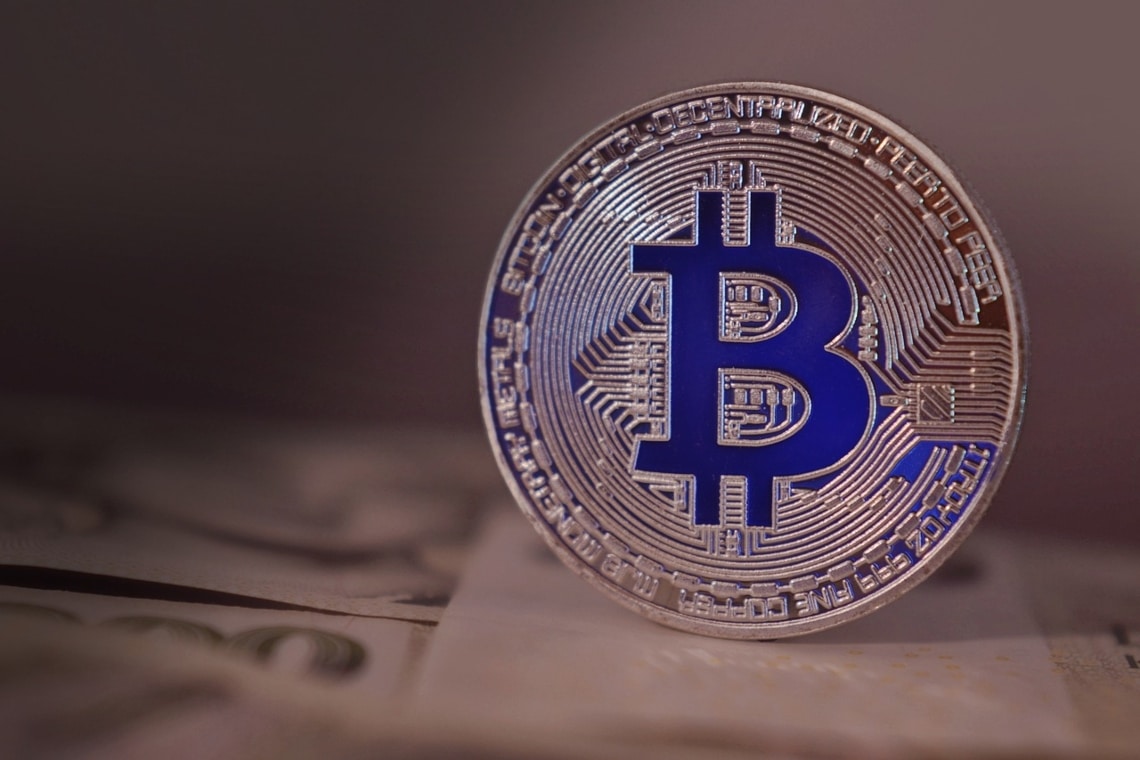As we outlined in Part 1 of this two-part series, cryptocurrency and NFTs increasingly offer opportunities for fraudsters to profit from unsuspecting victims.
Often promising large returns with a sense of urgency, and with often little or no information about the creator or seller, cryptoassets can offer a suitable vehicle for fraudsters.
In February 2022, over 200 tokens with an estimated value of $1.7 million were stolen from NFT marketplace OpenSea when a fraudster used a fake email claiming to be from the platform itself. A significantly larger attack took place in April 2022, with hackers using a phishing post on Instagram to steal an estimated $3 million worth of Bored Ape Yacht Club NFTs, which often sell for six-figure sums.
Blockchain research firm Elliptic estimates that over $100 million worth of NFTs have been stolen between January and July 2022.
Part 1 of this series outlines some strategies that can be put in place to reduce the chances of falling victim to such scams. This article explores the options for enforcement where fraud and theft have already occurred.
Instruct your team
It goes without saying that victims should act quickly when they realize an asset has been misused.
Key documentation and evidence should be collected and provided to the legal team, including crypto wallet information, details of the relevant crypto assets, a timeline of events surrounding the theft of the asset and copies of all correspondence with the fraudster.
The legal team should have an existing relationship with an expert who can begin the process of tracing the stolen crypto-asset to determine what happened and maximize subsequent chances of recovery. The advantage of the blockchain is that there is a record of where the crypto-asset has been moved to, unless it is taken offline and put on an external hardware device. Even in that scenario, it’s usually possible to track it back once it comes back online.
Who will be sued? For what?
The legal team must consider who you want to sue and on what grounds. This will usually involve urgently seeking an injunction against the fraudster (whose identity will usually be unknown), and freezing their crypto account to prevent further proliferation of NFTs.
As we mention below, the fraudster will generally be unknown, and therefore a discovery order against the crypto exchange will likely be necessary to obtain information about the fraudster that will enable the claim against them to be made.
Jurisdictional issues
Given that wallets and exchanges are often based outside the UK (and there’s a good chance the fraudster will also be based overseas), it’s important to consider the right place to file a lawsuit. The courts will normally look at the place of residence of the victim. If the victim is resident in England and Wales, the courts here generally seem happy to accept jurisdiction over the dispute.
Disclosure order
As mentioned above, a key problem here is that the identity of the fraudster will generally not be known.
When a claimant wishes to gather information about a criminal who has committed a tort, breach of contract or breach of trust, an application for a type of third party disclosure order called a Norwich Pharmacal Order (established in Norwich Pharmaceutical Co. & Others v Customs and Excise Commissioners [1974] AC 133) will usually be made.
This is an equitable remedy used to request that a respondent (usually a company), who – innocently or not – has been involved in (eg facilitated or participated in) wrongdoing, provides full information about – including the identity of – the person who has committed the crime. to assist the claimant in advancing his claim.
IN Norwich Pharmacal case, the company sought a claim against the Commissioners of Customs & Excise for information about an importer who had infringed the claimant’s intellectual property rights, but whose details were only known to the Commissioners. Unfortunately, the current rules of the English and Welsh courts do not currently allow Norwich Pharmacal Orders to be served outside the jurisdiction (although this may change in the near future as crypto disputes develop) and are therefore of limited use in NFT fraud cases involving foreign parties.
Crypto courts have therefore turned to an alternative form of third-party disclosure order, and equitable remedy, known as a Bankers Trust Order (established in Bankers Trust Co v Shapira [1980] 1 WLR 1274). Bankers Trust Orders are used where there is strong evidence of fraud and require a party to the proceedings to disclose certain confidential information to a claimant to enable it to trace the existence of (and to protect) assets claimed and where delay can lead to the disappearance of funds before a case can go to trial.
A claimant must demonstrate a real prospect that the information sought may lead to the location or preservation of assets against which they can make a property claim (ie the claim must be linked to property). A party applying for a Bankers Trust Order must also undertake not to use information obtained other than during the proceedings.
IN Bankers Trust case, a defendant was ordered to disclose confidential information about co-defendants, including correspondence and checks, to enable the applicant to trace assets. Crucially, the English and Welsh courts allow Bankers Trust orders to be served outside the jurisdiction.
Most exchanges (should) retain the Know Your Client information, or at least an email address, for their users. So this information is searchable.
To prevent further transfer of the stolen NFT, a victim should also apply for a freezing order against the owner of the wallet that their NFT is currently in.
Service problems
It is a requirement in the rules of civil procedure that claims (and most applications) must be served on a defendant or accused within a certain period of time. Given that the offenders in an NFT theft or fraud claim are usually unknown persons, it is difficult to know where or how to handle the proceedings/applications in the correct manner.
Where appropriate, the English and Welsh courts allow parties to apply for an order for service by alternative means, such as by email. However, courts have recently shown willingness to allow victims to serve through new means, such as D’Aloia v (1) Persons Unknown (2) Binance Holdings Limited and Others. In that case, the court issued a ruling allowing service of legal proceedings via the transfer of an NFT to crypto wallets (as well as via email).
The key must be that it is possible to take steps to find out where your stolen crypto asset has been moved to. That is the advantage of the blockchain. You should act quickly as soon as you become aware of a fraud or theft.
























